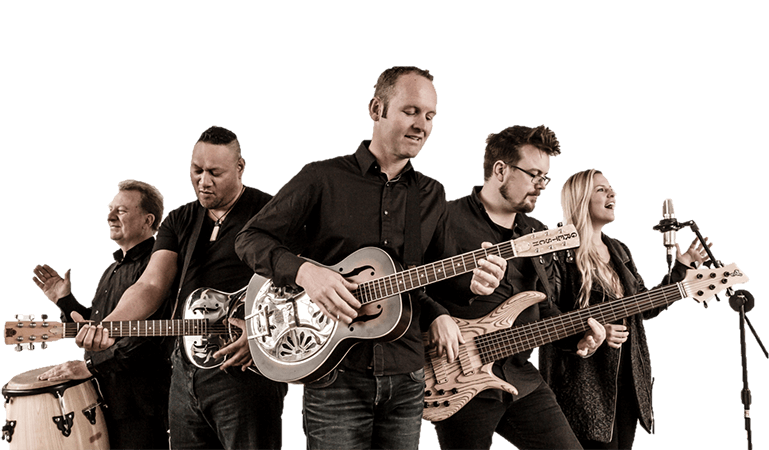The first three verses of Psalm 92 are the key to understanding the purpose of this psalm. The psalm itself was evidently presented as a kind of thank offering following some answer to prayer. The psalmist, probably a king or governor, had seen God work a great victory for him against some evil threat and he was overjoyed by the display of God’s covenant faithfulness. In ancient times, when emotion was to be expressed, whether joy or grief, the expression was always public and always accompanied by musical instruments. It was the standard way of expressing strong emotions. In this case the psalmist is expressing gratitude and is using the occasion to praise God. The song was probably presented in the temple originally. Once it became part of Israel’s ‘canon’ of songs it was (as the title indicates) used as part of the liturgy on the Sabbath. This was an appropriate time to do what the psalmist is doing in this psalm: to stop and reflect on the goodness of God. This is what God did on the first Sabbath (Gen.2:1-3) and it is what he calls us to do.
This practice of thanksgiving was an important practice in Israel and it is something we can learn from today. When God answers a prayer we can tend to ‘move on’ far too quickly. This psalm encourages us, by example, to stop and celebrate with God’s people when God has clearly blessed us in some way. These are moments to be savored but also moments to turn people’s attention to God. And this is what the psalmist does here. He goes from thanksgiving to a didactic note in which he proclaims the covenant blessings of those trust in God. Through it all God is glorified and his covenant promises are recounted in the light of God’s faithfulness.
Join our mailing list!Sign up for free and we'll keep you up to date with the latest Sons of Korah news about tours, new music and more.
